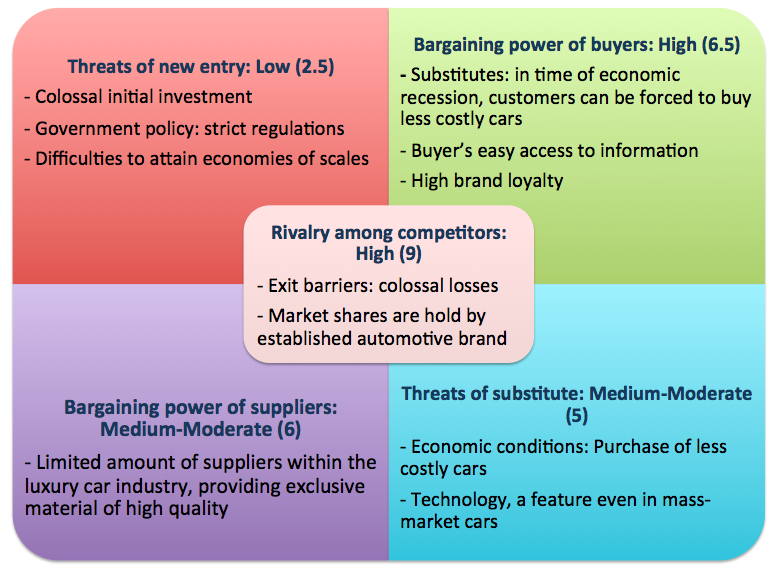

“(incumbents) will not out-innovate disruptors unless they view their own legacy business as an enemy. And probably the large fast and powerful cars made by BMW and those premium car manufacturers will be the first to be threatened when this happens,” Wormald said.ĮY, in a report, said the traditional automotive industry must be ruthless to survive. Certainly one day things will change and we will no longer have the kinds of vehicles we have now. “Individual transport is not going away in a hurry unless there’s some disruption like a huge oil supply problem. People want their cars, and seem well satisfied with what they’re getting now,” Wormald said in an interview. Like a supertanker, it’s not going to change direction quickly, but I don’t see anything in the marketplace suggesting a sudden embrace of self-driving cars or electric ones for that matter. “The automotive industry is well entrenched in the way it does things and there’s enormous investment involved. automotive consultancy Autopolis, believes the industry Cassandras are getting ahead of themselves. Electric vehicle adoption is complicated by low oil prices, uncertainty about future tax credits, and the challenging economics of electric charging stations autonomous vehicle adoption requires error-proof technology, regulatory clearance, and consumers’ willingness to change how they think about mobility and shared ownership models must be customized for cities and suburbs, where people have very different mobility needs,” BCG said. “Changes in the auto industry could also be much less dramatic, considering the many factors that must fall into place for radical new futures to unfold. On the other hand, that might also be a false alarm.

But for incumbents, the represent uncertainty and perhaps even an existential challenge,” BCG said. For those new entrants – such as Tesla with electric vehicle technology, Uber with its collaborative consumption model, and Google and Apple with autonomous vehicles - industry shifts signal opportunities. “Fuelled by new technology and consumer needs, non-traditional competitors are entering the auto industry with connected software, artificial intelligence, alternative fuels, and share mobility networks. Until a firm direction is established, much capital will be wasted.īoston Consulting Group (BCG) put the dilemma this way in a recent report.

These are all very expensive items for research, and the industry seems baffled about which option makes the most sense.

Is a battery car with twice the range and half the price of conventional ones about to appear? Or will they be bypassed by fuel-cells? And then there is the pursuit of battery cars. This sounds sensible, but making it into reality will take a big leap. This is based on the rational-sounding theory that if most cars are only used for say, 4%, of the time, it make sense to just pay for when you need one. More millions are being spent on developing autonomous cars too.Īll major auto manufacturers are exploring the notion that soon people won’t own cars they will simply rent mobility when required. GM bought a stake in Lyft and Toyota recently took a stake in Uber. For instance Volkswagen recently invested $300 million in Israeli ride-sharer Gett. But Krueger also struck a defiant note, saying said this would be an opportunity for BMW rather than a threat.īMW’s actions mirror just about every major auto maker.


 0 kommentar(er)
0 kommentar(er)
